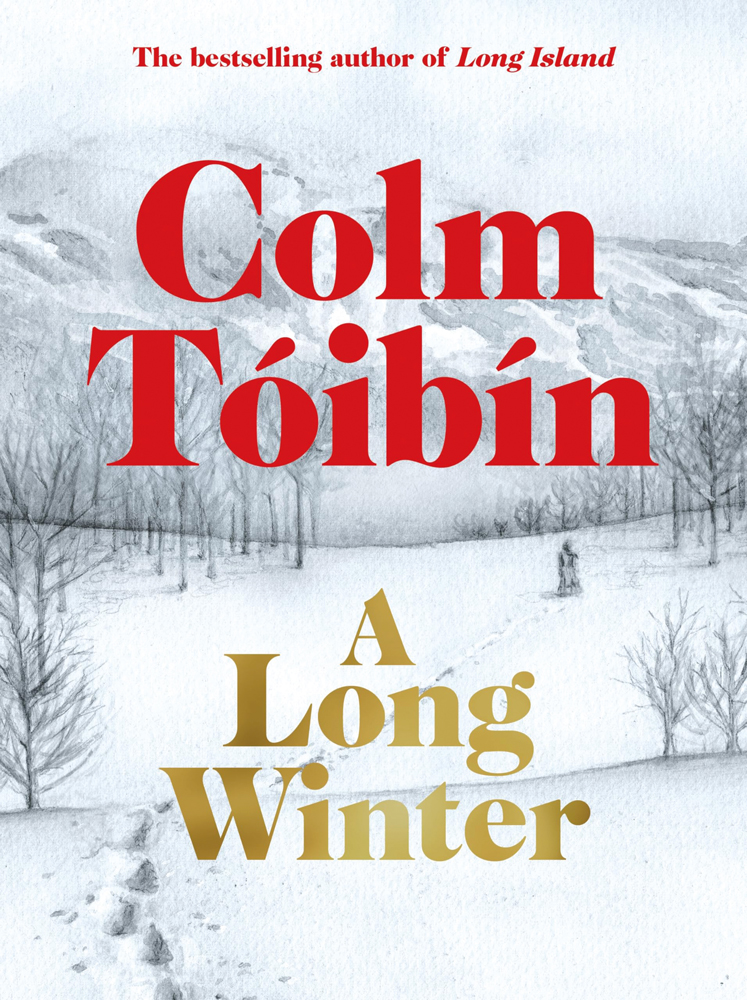Colm Tóibín wrote the short story A Long Winter a long time ago, in 2005. We are very lucky that he has republished it as a standalone. This is a piece of brilliant and evocative prose. It also packs such a powerful literary punch that it needs to be read in fruitful isolation.
Tóibín has spent a fair amount of time in Catalonia. This novella is set in the sparsely populated Spanish foothills of the Pyrenees. It seems we’re a fair way back in time; like many details in this story, time and place are never certain. Miquel lives with his family on their small farm, growing up while his mother falls into alcoholism and his father becomes ever more anguished.
One day, Miquel’s mother leaves. Miquel thinks she has tried to go back over the hills, to the village of her childhood. The way is treacherous and the snow does not thaw until April. A search party is sent out, and the family is left unmoored by the acceptance of her death in the snow.
This is a tragic tale. In some ways it is told tragically – Tóibín writes with a laconic and languid style well suited to his narrative. Yet perhaps the most impressive aspect of this tale is the perspective: the narration is in the third person, but it centres around Miquel. Tóibín makes us see the winter unfold through Miquel’s eyes, even though it is not his voice relaying the story.
This is all done with a subtlety, both in perspective and characterisation.
Miquel and his father are useless in performing domestic tasks without his mother; Miquel’s brother, Jordi, is on military service. Tóibín writes of Miquel’s yearning for his brother’s return with fantastic grace. Yet the mother’s presumed death introduces Monola to the family. He is effectively a servant, but grows increasingly close to the equally taciturn Miquel. The tension of their relationship seals this story with a poise that is perfectly weighted.










